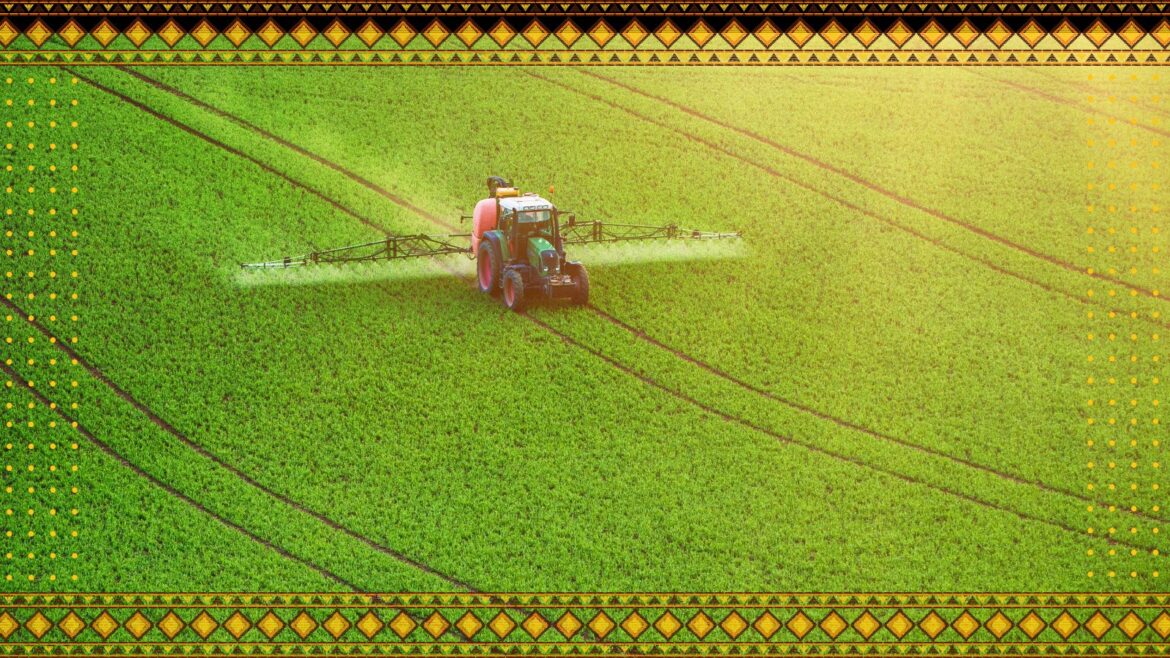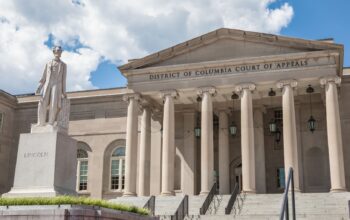by Stacy M. Brown
The Biden-Harris administration has unveiled a $2.2 billion relief initiative aimed at providing support to Black farmers and other individuals who have faced discrimination within federal government lending programs.
The Inflation Reduction Act, part of Biden’s commitment to addressing historical injustices, includes a total of $5.3 billion dedicated to offering relief to tens of thousands of farmers across the country.
Of the allocated funds, $3.1 billion reportedly will be used to assist distressed borrowers in paying off their farm debts without losing their land or becoming ineligible for future assistance.
An additional $2.2 billion will be allocated specifically to farmers who have suffered discrimination through USDA farm programs.
The U.S. Department of Agriculture (USDA) announced that applications are now being accepted for the Discrimination Financial Assistance Program, which aims to provide financial aid to farmers, ranchers, and forest landowners who have experienced discrimination in USDA farm lending prior to 2021.
“The opening of the application process is an important step in delivering on our commitment to providing financial assistance to those who faced discrimination in USDA farm lending, as swiftly and efficiently as possible,” Agriculture Secretary Tom Vilsack emphasized.
The initiative comes after decades of Black farmers accusing the USDA of discrimination and being denied loans crucial for their livelihoods and land preservation.
A study conducted in May 2022 revealed that Black farmers had lost over $326 billion in land value throughout the 20th century.
The Washington Informer reported in 2022 that researchers considered that figure to be a conservative estimate of the actual financial impact racist practices have had on Black American farmers since 1920.
Biden issued an executive order last year, instructing the USDA to establish a
15-member independent equity commission aimed at rectifying discrimination within its policies and practices concerning Black farmers.
Under the initial Build Back Better plan, the Biden administration said it wanted to allocate significant funds to support Black farmers.
However, the plan was scuttled after white farmers filed lawsuits claiming that the earmarking of funds specifically for Black farmers amounted to discrimination.
The legal action has resulted in the tying up of $4 billion as the administration continues to defend the action in court.
Further, a 2021 report from ProPublica also shed light on the systematic discrimination faced by Black farmers at the hands of various federal agencies, including the USDA.
The report detailed how the USDA impeded Black farmers’ access to critical federal funds through discriminatory loan denials and deliberate delays in financial aid.
“If you are Black and you’re born south of the Mason-Dixon Line and you tried to farm, you’ve been discriminated against,” Lloyd Wright, the director of the USDA Office of Civil Rights under Presidents Bill Clinton and Barack Obama, and a Black
Virginia farmer, stated in the report.
In an earlier interview with the Informer, John Wesley Boyd Jr., founder, and president of the National Black Farmers Association in Bakersville, Virginia, added,
“The oldest occupation in this country for Black people is farming. But from slavery through Jim Crow, the USDA, and the banks – all these things put together means we are facing extinction.”
Boyd added:
“What’s troubling is when the brown bear, the black bear, and the bald eagle were facing extinction, Congress put harsh laws in place until their numbers came back up. So why can’t they do the same thing for the oldest occupation in history for Black people, which is farming?”
The White House said the launch of the $2.2 billion relief initiative represents a significant step towards rectifying the historical injustices faced by Black farmers and marks the Biden-Harris Administration’s commitment to addressing systemic discrimination in federal lending programs.
With the Discrimination Financial Assistance Program now accepting applications, eligible farmers, ranchers, and forest landowners should now have access to needed financial assistance.
Source: Published without changes from Washington Informer Newspaper




